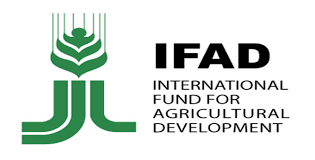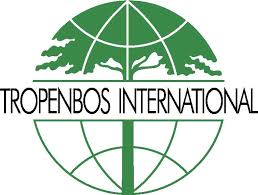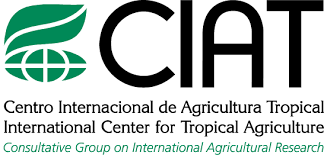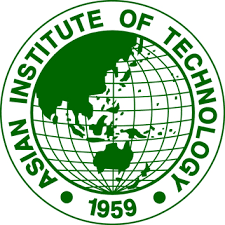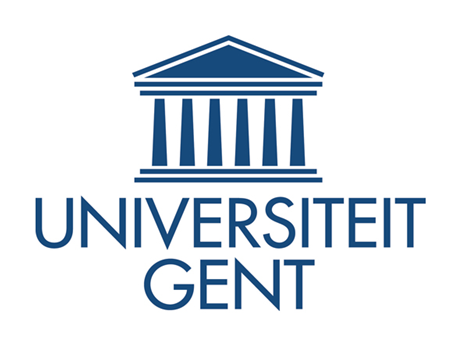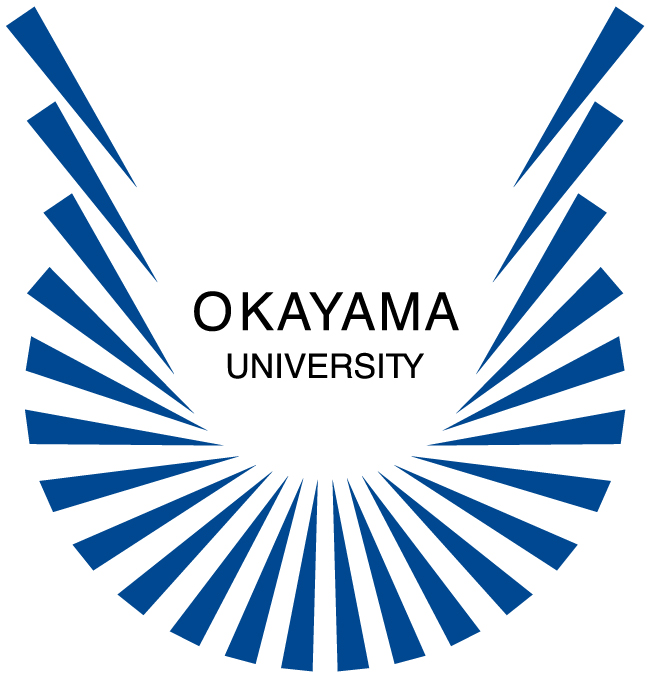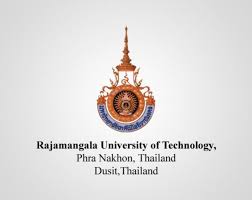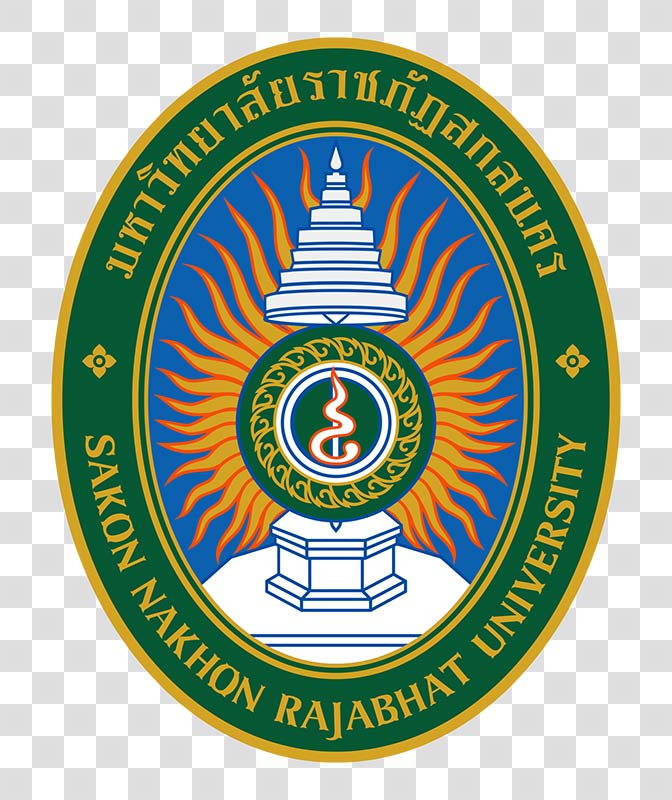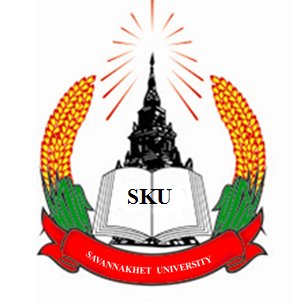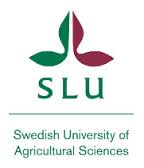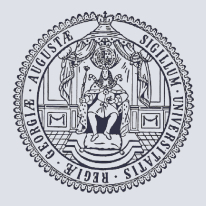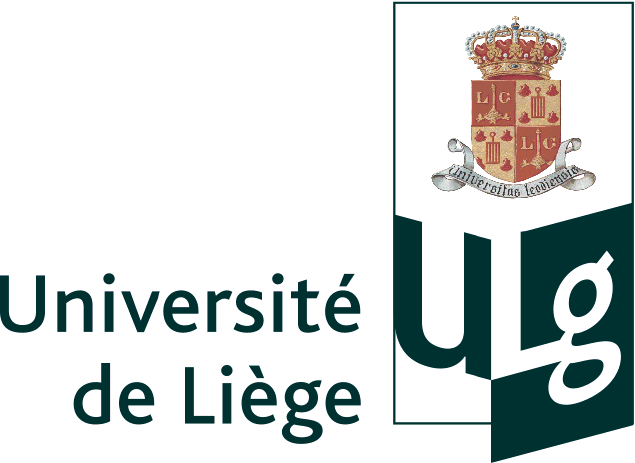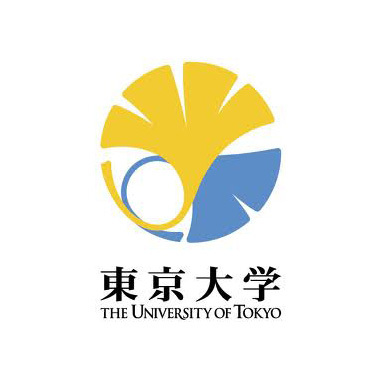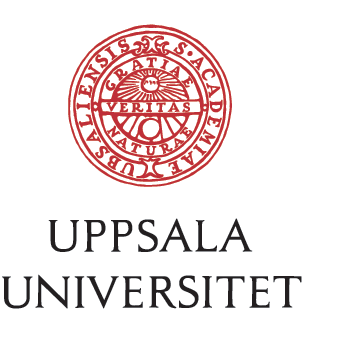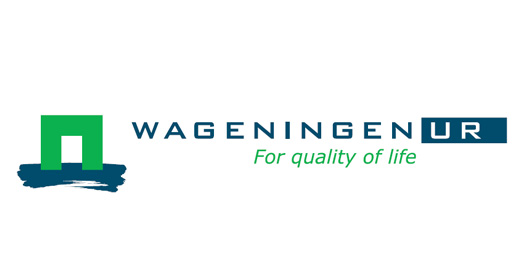Faculty of Agricultural Extension & Rural development
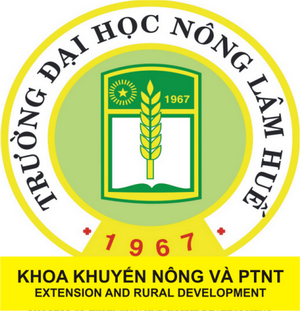
2. ORGANIZATIONAL STRUCTURE, STAFFS
FERD has 32 full time staff with multidisciplinary backgrounds including 6 PhDs and 2 Associate Professors. Over 80% of the Master holders of the faculty have been trained oversea at prestigious universities and research institutes in Japan, Germany, France, Australia, Sweden, the Philippines, the US, Thailand, Hungary. FERD staff perform high level of professional knowledge, teaching and research skills and communication skills including foreign languages. These values make our staff proactive, confident and competent in doing training and research in domestic or international environment. Our lecturers and researchers have intensive experiences in project proposal developing, fund raising, project evaluation, project implementation and management. Given that we are a young faculty, we have been cooperating with namy international agencies and orgnaizations to conduct development and research projects in different areas. Our faculty also posseses a number of staff who have been working as as senior consultants for international organizations. The faculty has ability to offer services and consultancy in the field of agricultural extension and rural development.
FERD has 4 departments, include:
2.1. Department of Rural Development
The department has 11 staff, including 01 Assoc. Prof., 8 Masters, 01 PhD candidate and and 01 bachelors. 90% of the department PhD and MsC holders have been trained abroad including Japan, Australia, Sweden, the Philippines, Thailand. The department staffs not only have rich experience in lecturing but also in doing scientific research. They also have extensive experience working with professionals and international organizations.
2.2. Department of Agricultural Systems
The department of Agricultural Systems has 6 lecturers including 1 PhD, 5 MSc.C who have mostly ave been graduated from recognized training institions in France, Hungary, Thailand. They have multidisciplinary background and rich experience in training and research.
2.3. Department of Agricultural Extension
The Department of Agricultural Extension has 8 lecturers including 1 PhD, 3 MSc. and 3 PhD candidates. Most of them have obtained postgradudate degrees in developed countries and have extensive experience in teaching and research.
2.4. Department of Agricultural Economics
The Department of Rural Economics has 8 staff including 1 Associate Professor, 1 PhD and 5 Masters. Some of them have been trained in Japan, Thailand, the Philippines. They regularly participate in short-term training courses in Vietnam and abroad, have excellent teaching methods, which suits well to the new credit- training system of HUAF.
3. TRAINING PROGRAMS
3.1. Undegaduate training program
Undegraduate training is one of the core activities of the faculty. The faculty has made a significant progressin the undergraduate training program focusing on diversifying training programs, to meet the demand of the labour markets and employers. In 2005 when the faculty was founded we offered only one training major in agricultural extension and rural development, our students now can choose from four majors for undergraduate programs, including: Project Management, Development Consultancy and Services, Rural Development, and Agricultural Extension. The annual enrollment intake of the undergraduate program is about 150-200 students.
3.1.1. Bachelor of Project Management
The Bachelor of Project Management programme was first offered in 2013-2014 as a response to labour market demand.This programme will prepare students to become professional in developing projects, project procurement, management, project mornitoring and evaluation of the social, economic development as well as production projects. This specialisation equips students with the knowledge on rural sociology, rural development, community development, agricultural systems, rural economy, and sustainable development. Besides, it also equips students with in-depth knowledge of developing, procurement, management and evaluation of projects for agriculture and rural development.
3.1.2. Bachelor of Development Consultancy and Services
The Bachelor of Development Consultancy and Services Programme equips students with knowledge and skills to enable them to provide consulting and agricultural services in the area of agriculture and rural development.. This training progam prepares students to be competent to work inall economic sectors at all levels and with different partners including government, institutions and social organizations related to rural development. This program provides qualified human resources to meet the requirements of market liberalization and economic integration.
3.1.3. Bachelor of Rural Development
The Bachelor of Rural Development programme trains student in interdisciplinary knowledge in economics and development sociology. This programme will prepare students to become policy makers, planners or manager in rural development. In addition to professional knowledge this programme will focus on providing students with soft skills such as teamwork, planning, management, facilitation, communication, that are essential for those who work effectively in rural development with different partners. Graduated students will be equipped with practical knowledge and skills to apply into work situation. This programme is ideal preparation for a consultanting, rural planning or project manager position in rural development.
3.1.4. Bachelor of Agricultural Extension
The Bachelor of Agricultural Extension programme provides an interdisciplinary training programme. Students will be trained to be able to deal with technical, social, economic and development. The programme also focuses on training technical staff working as technical advisers for promoting and transferring new technologies in agriculture and rural development. Students will be prepared to hold management or technical consulting positions in the field of rural development.
3.2. Post graduate programs
FERD is currently offering one postgradute program in rural development. The programs launched in 2010. Students are trained in advanced interdisciplinary knowledge in the field of rural development to meet the requirements of management or consulting positions in rural development programs. The postgraduate programme enrolls the students from the following background:
- Agricultural Extension & Rural Development, Extension, Rural Development, Agricultural Economics, Agricultural Systems, Land management, agronomy, forestry economics, fishery economics, land management, economics. The candidates are holding the undergraduate degree in these majors can apply for this program directly.
- Forestry, fisheries, sociology, social sciences, political economics, business administration, public health, agricultural technical pedagogy, postharvest and food processing, irrigation and rural projects. The candidates are holding the undergraduate degree in these majors have to take extra exams before applying for the postgraduate program.
Recently, FERD offered a Doctoral training programme (PhD) in Rural Development under the Ministry of Education and Training Decision No. 5527 / QD-BGDĐT on 21.11.2014.
3.3 Short training programs
In collaboration with the National Agricultural Extension Center, national and international non-government organisations and local authorities FERD annually organises short training courses for farmers and extension officers from commune to provincial levels to improve their capcity and expertise in extension activities. The faculty has also been collaborating with those organisations to develop training materials and disseminate advanced methods and approaches in agricultural extension.
4. SCIENTIFIC RESEARCH AND COLLABORATIVE RELATIONS
FERD’s staff are competent experienced in conducting research and international cooperation activities. So far, the faculty has been collaborating wellknown international institutions to conduct researchand development projects. Some of FERD partners include Canadian IDRC (Common Pool Resource Management Project, from 2008 to 2011,http://www.cprhue.org), ADB (Project on building agricultural product value chain, 2006-2008), the Nordic Assistance to Vietnam-NAV (Community Development Projects, from 2005 to 2010), Agricultural Development Fund-IFAD (development farming systems and rural financial services in decentralization and poverty reduction programs, 2006 - 2011); the Netherlands Embassy and the Global Environment Fund GEF ( conservation of wetlands and aquatic breeding projects, 2007-2011). FERD has also received grants from government funds to conducts research at loca to national levels. FERD is strong at designing and implementing interdisciplinary research projects using particpative and bottom-up approaches, that are crucial for addessring and resolving rural development issues. Some of our research projects have high level of application that helps to resolve practical issues in rural development in general and in natural resource management in particular. Our research focuses on the following topics:
-
Community-based management and co-management of natural resources
-
Participatory extension methods and market-oriented extension approach
-
Market chains and value chains of agricultural and forestry products
-
Climate Change
-
Community development
-
Development policies
-
Sustainable farming and conservation
-
Poverty and environment
-
Sustainable livelihoods
-
Community communication
5. CONSULTANCY AND SERVICES
FERD has strong human resources to provide consultancy and services, and conduct development programs funded by government and non-government organizations ( Our consultancy and services include providing technical supports and training courses, developing training programmes, designing and conducting data collection including survey and interviews, designing and providing rural financial services, developing and implementing participatory natural resource management projects, and developing, monitoring and evaluating development and reseach projects.
FERD has also provided customerized short courses that are organized at HUAF or at locality. We also provides consultacies on capacity building and technical advice for farmer groups, farmer clubs, interest groups from government and NGOs. The training programs have been designed with learner-centered appooach to meet learners’ and practical needs. Some core short courses that have been orgarnized for government and non-government staff, community and farmers include:
-
A 4 days training workshop on planning for adaptation to climate change in agriculture.
-
A 4 day-training workshop on livelihood analysis.
-
A 4 day- training course on community- based management of aquaculture and inland.
-
A 5 day- training course on market oriented extension.
-
A 4 day-trainingcourse on restructuring of production and business activities in agricultural cooperatives.
For more detail, visit our website at http://knptnt.huaf.edu.vn/
HUAF tries its best to become as the prestigious university. Additionally, HUAF always makes great efforts in training to provide localities and enterprises with qualified human resources. It is highly appreciated as a good center in science and technology to contribute the development of socio- economics to the whole country in integration tendency.
- Online26
- Today6,114
- This month7,466
- Total16,098,726

